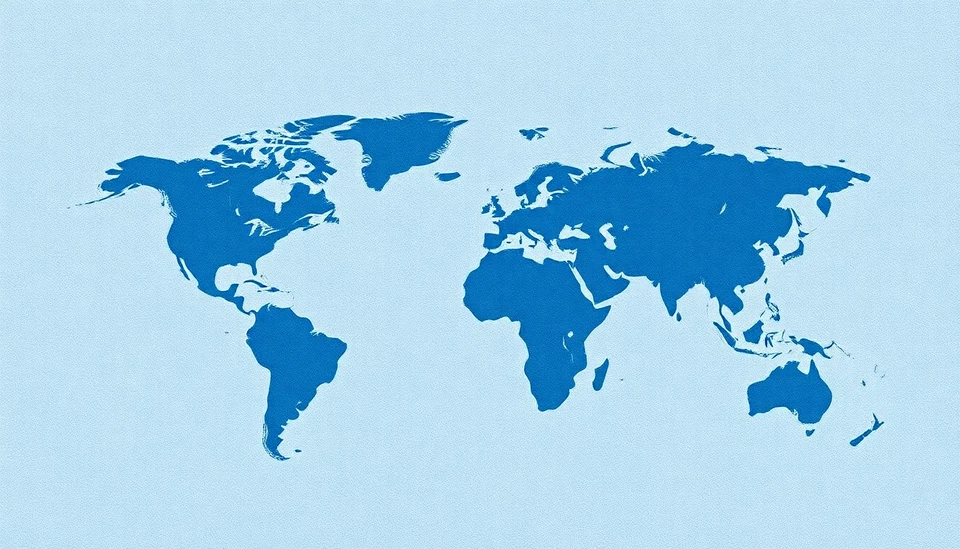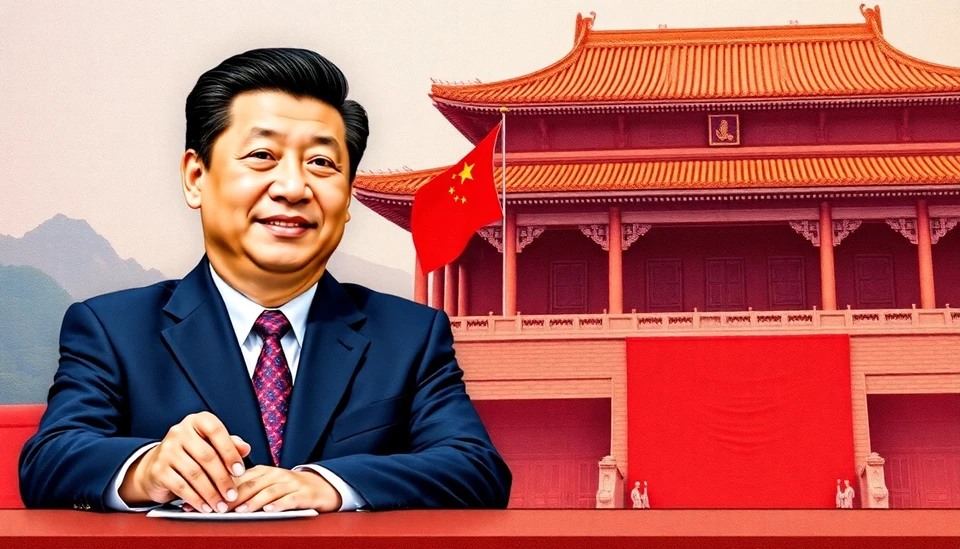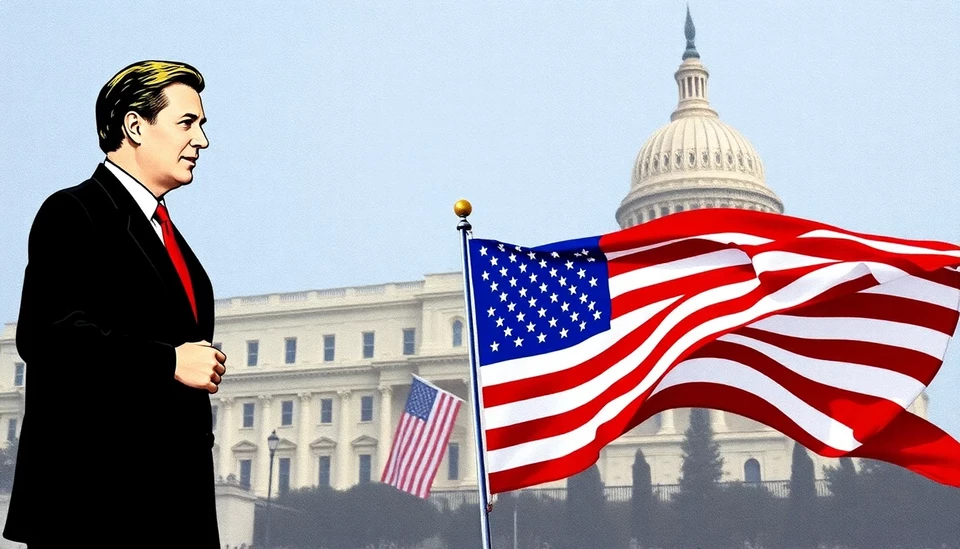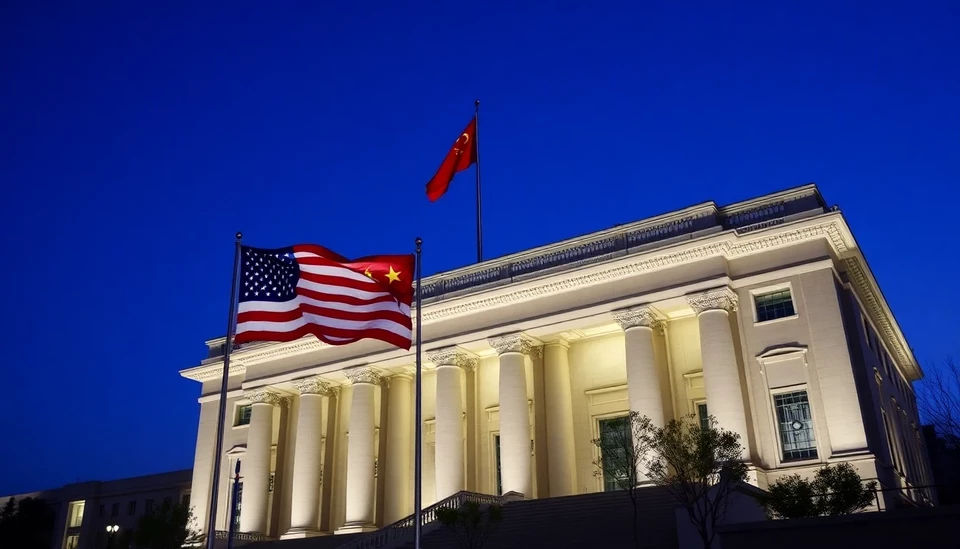
In a seismic shift that could redefine global economic dynamics, recent discussions surrounding U.S. trade policies have raised critical questions about the concept of American exceptionalism. Historically, this notion has positioned the United States as a leader and standard-bearer in international trade, yet current trends suggest that this prevailing sentiment may be fading.
Analysts have pointed to a variety of factors contributing to this potential downfall of U.S. dominance in global trade frameworks. The rise of multi-polar trade agreements, combined with increasing protectionist sentiments both domestically and abroad, is causing a rethink among economists and policymakers alike. These developments suggest that the United States may no longer hold the same sway over international economic policymaking as it once did.
One of the most notable events fueling this debate is the recent establishment of stronger trade coalitions among nations that once leaned heavily on U.S. influence. Countries such as China and those within the European Union are forming their own alliances, emphasizing fairer trade practices that challenge the long-standing norms encouraged by U.S. leadership. This paradigm shift could lead to a more equitable distribution of economic power on a global scale, further shaking the foundation of perceived American superiority in trade.
Furthermore, the increasing isolationist policies within the current U.S. administration have exacerbated concerns among its allies. The withdrawal from meaningful participation in international trade agreements has led many to question America's commitment to fostering a collaborative economic environment. As nations strive for self-sufficiency and explore new partnerships, the prospect of the United States leading the way in global trade appears increasingly tenuous.
U.S. businesses and exporters are recognizing the implications of this changing landscape. Executives are adapting their strategies to accommodate new markets and competitors, acknowledging that the traditional advantages enjoyed by American firms may no longer be a given. As these companies seek to navigate a landscape littered with uncertainty, the need for innovation and agility in operations becomes paramount.
Moreover, the technological advancements that have rapidly transformed industries are also influencing trade dynamics. Increasing reliance on digital platforms and e-commerce has created a more interconnected marketplace, allowing other nations to compete directly with American firms. This rising competition has underscored the necessity for U.S. businesses to enhance their global presence and rethink their engagement strategies across borders.
In summary, as American exceptionalism appears to be at a crossroads, the implications for global trade cannot be overstated. The ongoing evolution of international economic relations, coupled with changing consumer preferences and geopolitical realities, indicates that the era of unchallenged U.S. dominance may be nearing an end. To navigate this new world, the U.S. must embrace change and foster partnerships rather than retreat into isolation.
As we witness these shifts unfold, one critical question remains: Is the United States prepared to redefine its economic identity in an increasingly competitive global arena? Only time will tell if the country can successfully adapt to an evolving landscape that is rapidly becoming more complex and multifaceted.
In a time when the world observes closely, the stakes have never been higher.
#USExceptionalism #Trade #GlobalEconomy #InternationalRelations #EconomicShift
Author: Rachel Greene



